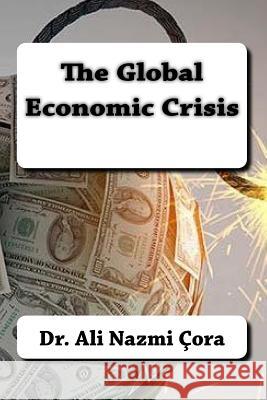The Global Economic Crisis » książka
The Global Economic Crisis
ISBN-13: 9781539467885 / Angielski / Miękka / 2016 / 254 str.
The current financial crisis is the worst the world has seen since the Great Depression of the 1930s. For younger generations, accustomed to mild recessions of the new phase of globalization, the misery of the Great Depression is hitherto nothing more than a distant legend In the new, globalized world of closely interdependent economies, the crisis affected almost every part of the world, receiving extensive coverage in the international media. Since the summer of 2008 the world has experienced the greatest destruction of wealth - paper losses measured in the trillions of dollars - in its history. No industry in the world has been left untouched. The timing of the rescue is uncertain, and the certainty of its efficacy remains in question. To put the matter in historical perspective, there is still no consensus on whether government spending policies of Franklin D. Roosevelt or increased demand for goods created by Second World War pulled the United States out of the Great Depression. This book also has explored the nature of financial diffusion across the main advanced and emerging country regions taking United States as the most natural origin of the 2007-2009 global financial crisis. Examining the sources of financial crisis has emerged as a crucial research focus in the aftermath of the famous financial crises. Many important theoretical researches underscore the importance of strong trade linkages and macroeconomic similarities as the main sources spreading the crisis from one country to the entire region (and other regions). There is a consensus today that the global economy is set to weaken further. Already, growth is slowing in both advanced and emerging economies. Looking forward, a key issue is whether the slowdown will be shallow and will be followed by a gradual recovery, or whether the downturn will be deep and protracted. This overall state of affairs in the global economy reflects the confluence of three major shocks: high commodity prices, the housing downturn affecting the United States and several other advanced economies, and the financial crisis. The interplay of these shocks has made policymaking much more difficult.
Zawartość książki może nie spełniać oczekiwań – reklamacje nie obejmują treści, która mogła nie być redakcyjnie ani merytorycznie opracowana.











